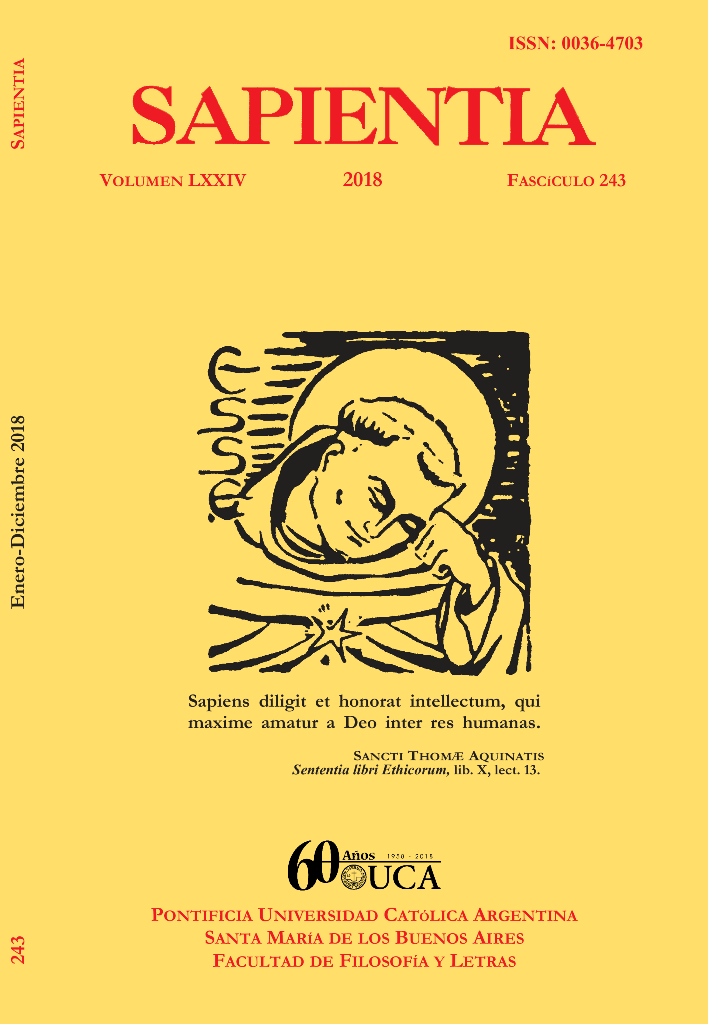Aristotle on Teleological Explanation
Keywords:
Aristotle – Natural Philosophy – Teleology – NussbaumAbstract
For Aristotle, the perfect human life is constituted by end-like activities. It has reached a stage of development which no longer struggles toward a goal but has actually attained it; it fully displays those activities that make up the human ergon. We can rephrase the same point by noting how anything which remains potentially what it could be is still imperfect. This allows us to view from a new perspective the Aristotelian doctrine that actuality takes priority to potentiality, the priority of a final and formal cause. Generally speaking, all living things strive to realize their mature biological form, or, in metaphysical terms, to become their essence (to ti en einai), and this is the same as becoming what they are supposed to be in actuality. Since human beings, unlike other animals, can rationally decide on a course of action, the concept of actuality (energeia) has a kind of ethical and normative force: we seek the course of action that allows us to become fully developed human beings, ethically and intellectually.
The notion of a distinctive human end, or ergon, thus serves both a natural and normative purpose insofar as our “function” or “task” as human beings is not simply to perform a certain type of activity but to perform it well, just as the ergon of a musician is not simply to play a harp but to play it well (NE 1098a9-11) The goal of development for a living thing in general, then, is to become an actual representation of the best qualities of the sort of thing it is. To become a human being in the fullest sense – the energeia and entelecheia of what a human is in the highest ethical and intellectual sense – requires the right kind of training and practice but also the right opportunities where the excellences of character and intellect can be put into effect.
In this regard, function argumentation provides the answer to just this sort of query; for it tells us the characteristic activity of the fully actualized form of a thing. In addition, chance and spontaneity, must be understood as concomitant occurrences related to the act/potency reductions of natural processes or human actions. An interruption of the natural desire to realize our function as human beings, more specifically, distinguishes chance or luck from spontaneous occurrences, which are due to the necessity of matter. Therefore, Aristotle’s function argumentation, both in the Nicomachean Ethics and in the biological works, is concerned with far more than part/whole analysis or the merely distinctive or characteristic. It is primarily concerned with form as principle, and ultimately, with the perfectly actualized forms of living organisms.Downloads
Downloads
Published
How to Cite
Issue
Section
License





 Sapientia
Sapientia